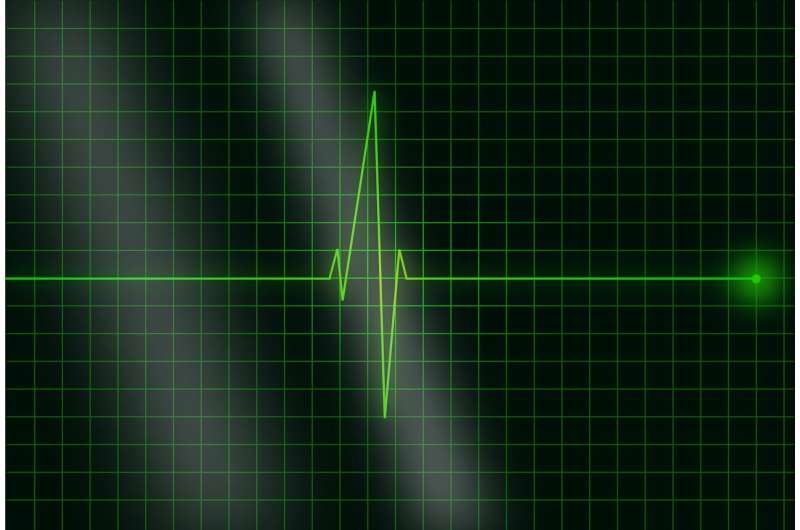Credit: Pixabay/CC0 Public Domain
A review published in the Journal of Internal Medicine provides convincing evidence that micronutrients—including iron, selenium, zinc, copper, and coenzyme Q10—can impact the function of cardiac cells' energy-producing mitochondria to contribute to heart failure.
The findings suggest that micronutrient supplementation could represent an effective treatment for heart failure.
"Micronutrient deficiency has a high impact on mitochondrial energy production and should be considered an additional factor in the heart failure equation, moving our view of the failing heart away from "an engine out of fuel" to "a defective engine on a path to self-destruction," said co–lead author Nils Bomer, Ph.D., of the University Medical Center Groningen, in The Netherlands.
More information: Micronutrient deficiencies in heart failure: Mitochondrial dysfunction as a commonpathophysiological mechanism? Journal of Internal Medicine (2022). DOI: 10.1111/joim.13456
Journal information: Journal of Internal Medicine
Provided by Wiley






















